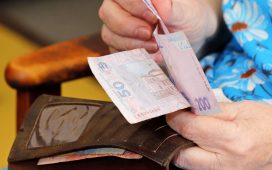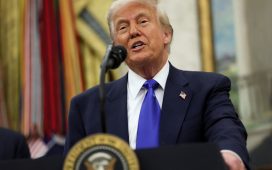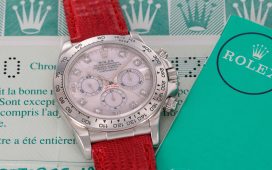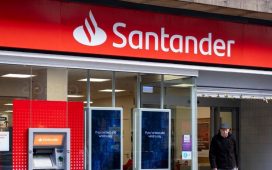Unlock the Editor’s Digest for free
Roula Khalaf, Editor of the FT, selects her favourite stories in this weekly newsletter.
Hargreaves Lansdown, the UK investment platform that pioneered selling stocks and funds directly to retail investors, has agreed to a £5.4bn takeover by a group of private equity firms.
The consortium, which is made up of CVC Capital Partners, Nordic Capital and Abu Dhabi Investment Authority, has agreed to pay £11.40 in cash for each Hargreaves Lansdown share.
The price includes a final dividend of 30p for the last financial year. The deal has an “alternative” option for shareholders who want to stay invested in Hargreaves Lansdown, by allowing them to roll over their stake into the unlisted company.
The FTSE 100 business was founded in 1981 by Peter Hargreaves from his spare bedroom with Stephen Lansdown. The company, which floated in 2007, grew rapidly by offering individuals low-cost access to funds, as well as stocks and shares.
Hargreaves, who owns almost 20 per cent of the company, supports the deal and will sell 50 per cent of his stake while also keeping the rest in the business under its new owners. Hargreaves will receive £534mn from his share sale, according to people close to the process. Hargreaves declined to comment.
Lansdown has opted to sell his entire near-6 per cent holding. He told the Financial Times: “As with all such deals there is plenty of work to do, but I am pleased that we now have certainty and everyone can get on with their lives.
“[It’s] a bittersweet moment for me personally but I feel it is the right time to part company with Hargreaves Lansdown and concentrate on other projects.”
The option for shareholders to keep a portion of their stakes under the new owners has drawn criticism from some large shareholders because it would exclude investors who are unable to have holdings in unlisted companies.
The deal makes Hargreaves Lansdown the latest company to delist from the London market, adding to a stream of businesses picked off by private equity firms and other acquirers that view UK companies as relatively cheap.
The board “believes that the cash offer represents an attractive opportunity for HL Shareholders . . . which may not be achievable until the execution of the strategy is delivered over the medium to longer term”, said Alison Platt, chair of Hargreaves Lansdown.
The private equity groups said Hargreaves Lansdown “now requires substantial investment in an extensive technology-led transformation” to improve its “proposition and resilience” and to drive “the next phase” of growth and development.
Shares in the company have fallen from a peak of £24 in 2019 following criticism over the cost of its technology overhaul under previous management. Under Dan Olley, who became chief executive a year ago, Hargreaves Lansdown has refocused its efforts to improve its technology. The shares climbed 2 per cent to about £11 in early trading on Friday.
Hargreaves Lansdown made its name by selling investments directly to customers — rather than through financial advisers — and offering tax-efficient products such as Individual Savings Accounts and self-invested personal pensions. It oversees about £155bn of customer money and has amassed 1.9mn customers.
However, it came under fire for backing investment manager Neil Woodford, even as his fund started to come unstuck.
Analysts at Jefferies said although the offer represented a sizeable premium, they believed “there [was] greater value” in Hargreaves Lansdown over the medium term and expected shareholders to support the deal.
One analyst said that under private ownership, it would be easier for Hargreaves Lansdown to cut fees charged to customers, noting that the investment platform is more expensive than rivals in some cases. “Under public ownership, it’s hard to cut fees; under private, you can do that more easily,” he said.
Nordic Capital, a member of the consortium, previously invested in Nordnet, a similar digital investment site. Nordic Capital took the business private in 2016 and then relisted it in 2020.








